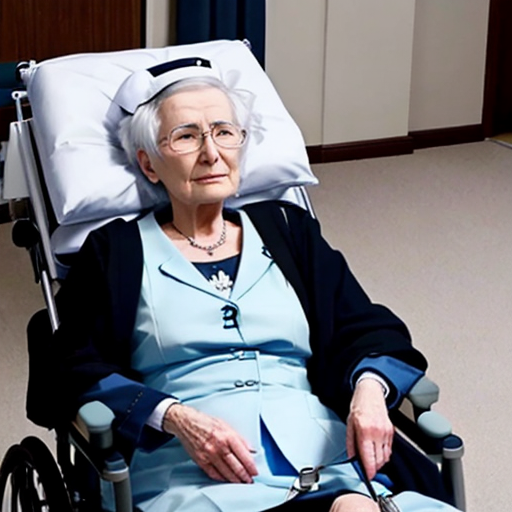28. March 2024
What are assisted dying, assisted suicide and euthanasia?

What are assisted dying, assisted suicide and euthanasia?
Campaigner Dame Esther Rantzen wants Westminster MPs to vote on assisted dying. A report found some evidence that it had led to better end-of-life care in places where it is allowed. A number of countries have legalised assisted dying, assisted suicide or euthanasia, which are all different. Euthanasia is the act of deliberately ending a person’s life to relieve suffering.
It is legal in fewer places than assisted dying or assisted suicide. It can involve people who are not terminally ill. The maximum penalty for euthanasia in the UK is life imprisonment. The Suicide Act 1961 also makes it illegal to encourage or assist a suicide in England and Wales.
Those found guilty could face up to 14 years in prison. Similar laws also exist in Northern Ireland. The legislation was passed in 1961 and is still in force today. It is not known how many people have committed suicide in the UK.
There is no specific crime of assisting a suicide in Scotland. But it is possible that helping a person to die could lead to prosecution for culpable homicide. A new bill drafted by the Lib Dem MSP Liam McArthur could see Scotland become the first UK nation to allow assisted suicide. The bill is expected to be debated in the Scottish Parliament in the autumn.
Broadcaster Dame Esther Rantzen has launched a petition in support of assisted dying. It has passed the 100,000-signature threshold needed to trigger a debate in Parliament. The Westminster government says any change is a matter for Parliament. Proposals on assisted dying were last rejected in July 2022, but the government said it would provide time to debate the subject again.
Labour leader Sir Keir Starmer says he is in favour of changing the law. Current law has also been challenged in the courts. People with terminal and life-limiting illnesses argue for their right to die. BMA and Royal College of Nursing have neutral positions on assisted dying.
Dr Gordon Macdonald, of anti-assisted dying campaign group Care Not Killing, said he believed there were many problems with changing the law. He is worried that criteria for assisted dying could in time be extended beyond terminally-ill people to include those with disabilities and conditions such as dementia and depression. Physician-assisted dying is legal in Oregon, California, New Mexico, Colorado, Washington, Hawaii, New Jersey, Vermont, Maine and Washington DC. In Montana, court rulings allow doctors to defend themselves if they assist in a person’s suicide.
It is also legal in Spain, Colombia and New Zealand. Three countries have laws that allow people who are not terminally ill to receive assistance to die: The Netherlands, Belgium and Luxembourg. If you’ve been affected by issues in this article, help and support is available via the BBC Action Line. For confidential support call the Samaritans in the UK on 08457 90 90 90, visit a local Samaritans branch or click here for details.